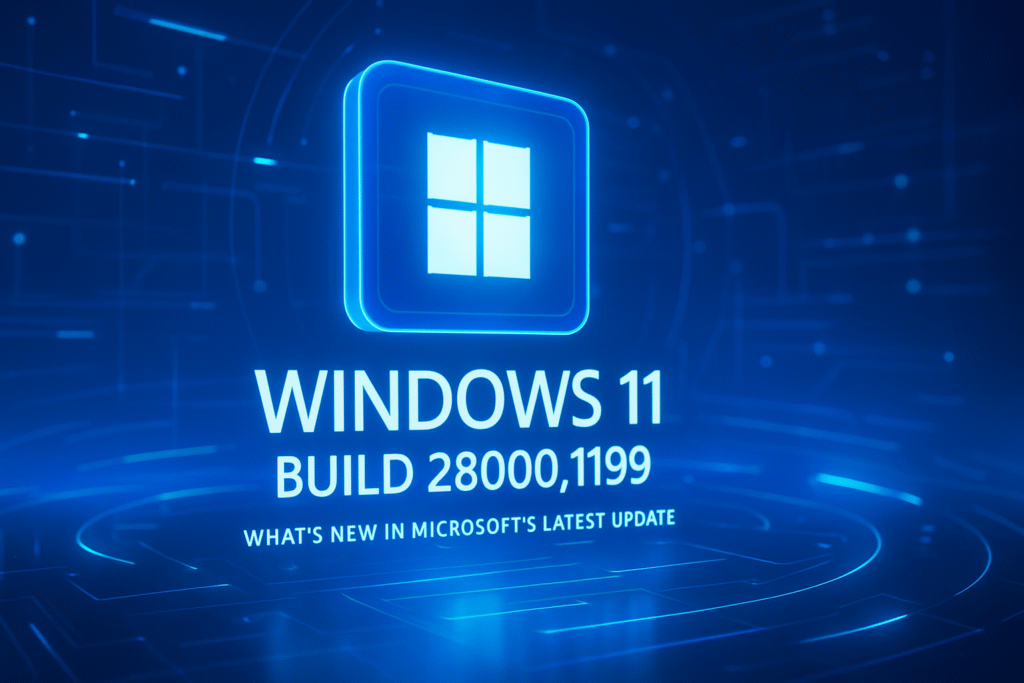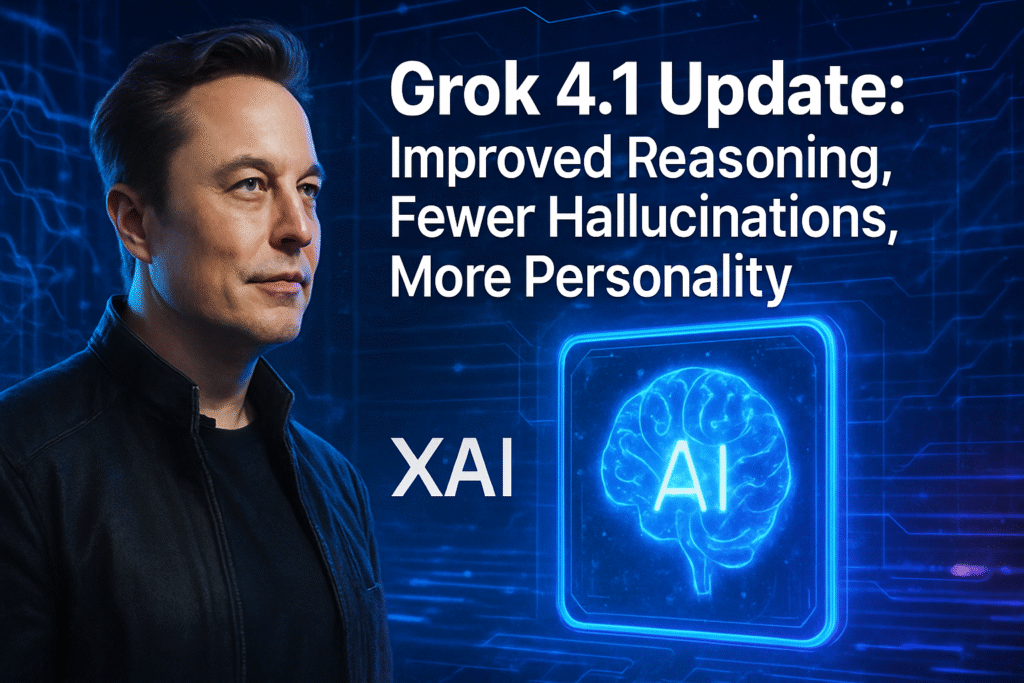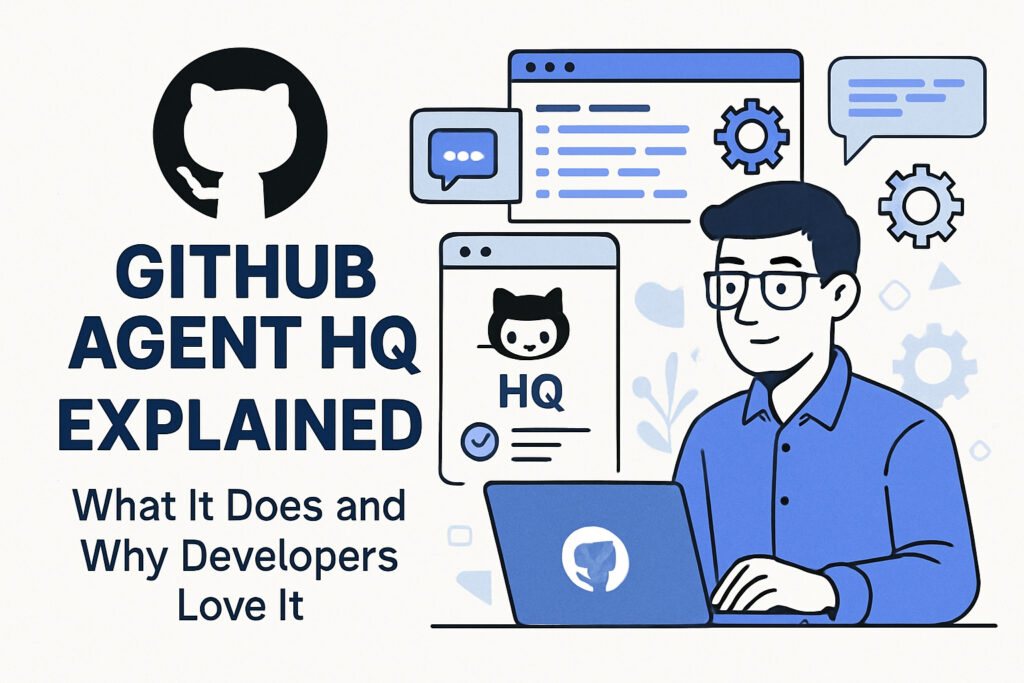
In 2025, fast-paced software development demands more than just great code—it requires effective collaboration, shared knowledge, and accessible documentation. The right documentation platform can transform how teams work, solve issues faster, and onboard new developers with ease.
Here’s a look at the top documentation platforms that development teams are using to stay organized and efficient in 2025.
1. Notion
Best for: All-in-one documentation and team collaboration
Why Dev Teams Love It:
Notion continues to lead the way with its flexible workspace that combines wikis, project tracking, and collaboration features. It’s easy to customize and integrates with GitHub, Slack, and JIRA.
Key Features:
- Real-time collaboration
- Code blocks with syntax highlighting
- Rich media embedding
- Templates for dev workflows
2. Confluence by Atlassian
Best for: Enterprise-level documentation
Why Dev Teams Love It:
Part of the Atlassian ecosystem (with JIRA and Bitbucket), Confluence is ideal for technical documentation, project planning, and internal wikis. It scales well for large teams and integrates deeply with dev tools.
Key Features:
- Version control
- Advanced permissions
- Inline comments and feedback
- Smart links and macros
3. ReadMe
Best for: API documentation
Why Dev Teams Love It:
If your team builds and shares APIs, ReadMe is a standout tool. It creates interactive, user-friendly API documentation that is both beautiful and functional.
Key Features:
- Live API explorer
- OpenAPI integration
- Usage analytics
- Custom branding options
4. Docusaurus
Best for: Open-source project docs
Why Dev Teams Love It:
Built by Meta, Docusaurus is a static site generator that makes it easy to build documentation websites using Markdown and React. Great for developers who want control and customization.
Key Features:
- Markdown support
- Versioned documentation
- Built-in search with Algolia
- Easy GitHub Pages deployment
5. Slab
Best for: Internal team knowledge bases
Why Dev Teams Love It:
Slab is simple, fast, and built for knowledge sharing. With a clean UI and strong search, it’s perfect for storing tribal knowledge, onboarding docs, and dev guides.
Key Features:
- Real-time editing
- Integrates with GitHub, Slack, and Google Drive
- Analytics to track engagement
- Topic hierarchies
6. GitBook
Best for: Developer-first teams and open documentation
Why Dev Teams Love It:
GitBook strikes a balance between developer-friendliness and user experience. It’s ideal for teams who want to keep documentation close to code.
Key Features:
- Git-based version control
- Markdown + WYSIWYG editing
- Custom domains
- Collaborative editing
Choosing the Right Platform
When selecting a documentation platform for your team, consider:
- Team Size: Do you need scalability or simplicity?
- Type of Documentation: API references? Internal wikis? Dev guides?
- Tool Integration: Will it integrate with your dev stack (GitHub, JIRA, etc.)?
- Customizability: Do you need branded docs or support for code snippets?
Final Thoughts
Great documentation is the backbone of efficient development teams. Whether you’re a small startup or a large enterprise, investing in the right documentation platform will improve collaboration, streamline onboarding, and accelerate innovation in 2025.
Choose the one that best aligns with your workflow—and let your documentation work for you, not against you.





